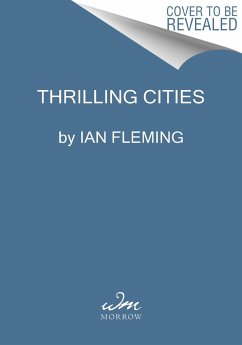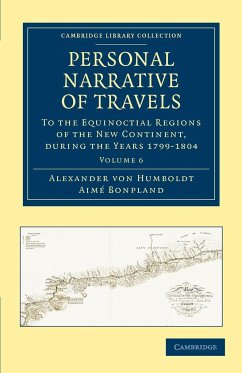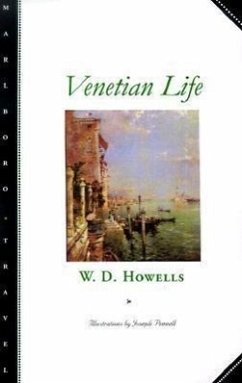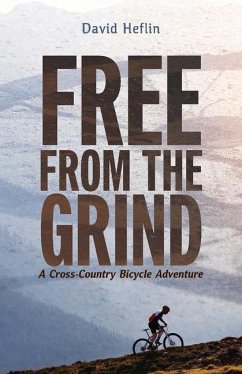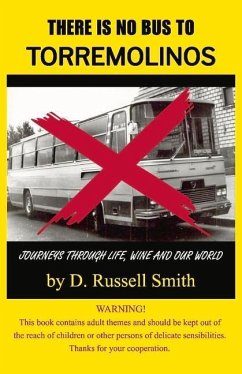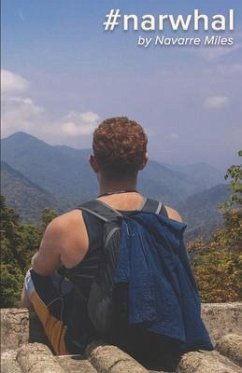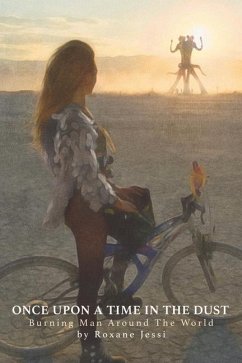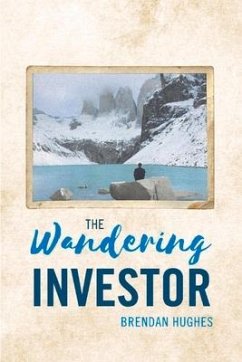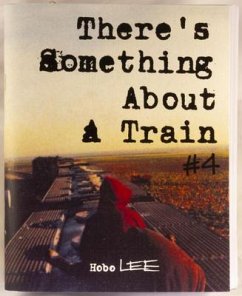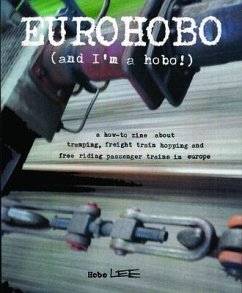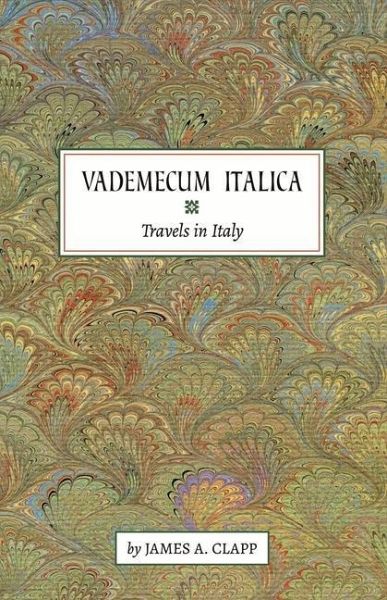
Vademecum Italica: Travels in Italy Volume 1
Versandkostenfrei!
Versandfertig in über 4 Wochen
12,99 €
inkl. MwSt.

PAYBACK Punkte
6 °P sammeln!
Having traveled to some seventy countries over thirty years I am sometimes asked "what is your favorite country?" It could be qualified: for food? for art? for weather? for natural beauty? The answers might be different. But when the question is put comprehensively, I hesitate--because I know that answer rather easily, and it would seem I am showing ethnic favoritism because I am an Italian-American. Italy! Italy is my favorite country because it might mot always have the very best, but has the following characteristics: a great history (if not always a noble one); great art (although not the ...
Having traveled to some seventy countries over thirty years I am sometimes asked "what is your favorite country?" It could be qualified: for food? for art? for weather? for natural beauty? The answers might be different. But when the question is put comprehensively, I hesitate--because I know that answer rather easily, and it would seem I am showing ethnic favoritism because I am an Italian-American. Italy! Italy is my favorite country because it might mot always have the very best, but has the following characteristics: a great history (if not always a noble one); great art (although not the best cared for or protected); a great cuisine (hey, I grew up eating the stuff); great language (great for opera and animated conversation, although Portuguese sounds better for modern music); great weather (nothing beats semi-arid Mediterranean weather); and, particular to my passions, Italy has fascinating cities. Oh, and beautiful women (a genetic benefit of those Roman legions bringing home beautiful slaves from their conquests.) Other countries compete with Italy on these individual criteria. One will always get an argument on food and women--and men as well (although I did not say that Italy has the best looking men). But Italy permutes and demonstrates these criteria best of all places I have visited. Where else can one sit in a piazza in clement, sunny weather, sipping a cappuccino (in the country that invented it), watching gesticulated conversation among the locals, or feasting on great public art ranging from Roman imperial times to the Renaissance, and leisurely reading something from Ruskin, Mary McCarthy, or John Addington Symonds' Biography of Benevenuto Cellini. For me, no better version of heaven could be portrayed inside the dome of any of the fascinating, art-festooned churches likely to be nearby. I have probably visited Italy more than a dozen times over the years, and have been from top to bottom, including Sicily, and side to (narrow) side, enough to know its richness is also in its variety of food, dialects, customs, and physical appearance. My own people come from near Napoli (my father's family), and from Abruzzi in the mid-central, but whatever distinctions there were became ethnically-smushed into an Italian-American idiom. Going back to Italy became a passion for me when I was studying Caesar's Gallic Wars in my Latin classes in high school. I would have to wait until my thirties, but the day I exited the Stazione Ferrovia in Venice and first set foot in Italy I experienced what later came to be called Stendhal's syndrome--a lightheadedness combined with the closest one can get to time travel. Of course, like most travelers and tourists, I took photos. But I also began taking notes and writing paragraphs of observations in journals and notebooks, afraid that some detail might be forgotten, trying to compress the emotional surge that comes with discovery, and confirmation--confirmation that this place that I had seen in films and conjured in my mind from novels and histories, actually exists! There is no substitute for being there. You can fool yourself by saving money (maybe) and going to Caesar's Palace, The Venetian and Bellagio in Las Vegas, but that ersatz experience would be enhanced by bringing a blow-up sex doll as a companion. So he following is a collection of writings that range from public radio essays to treatments for film documentaries, and some travel writing and academic work in between. Being an urbanist the focus is mostly on cities, but also on myself and my family, as well as the participants in several of the travel-study programs that I escorted. Alas, they are the observations of a traveler, not someone who has had the experience of being a resident in Italy. I'm still dreaming about that.



